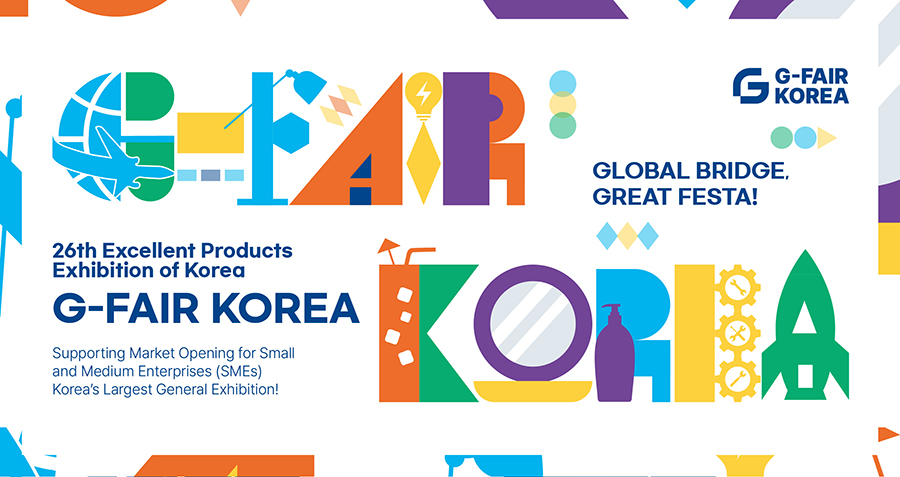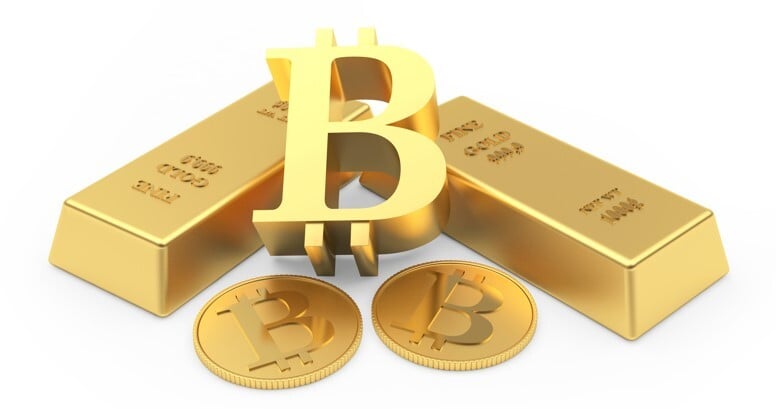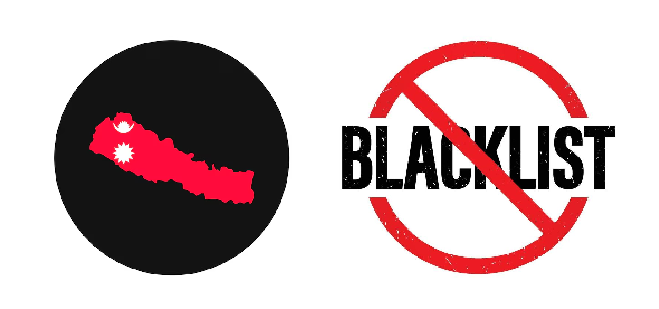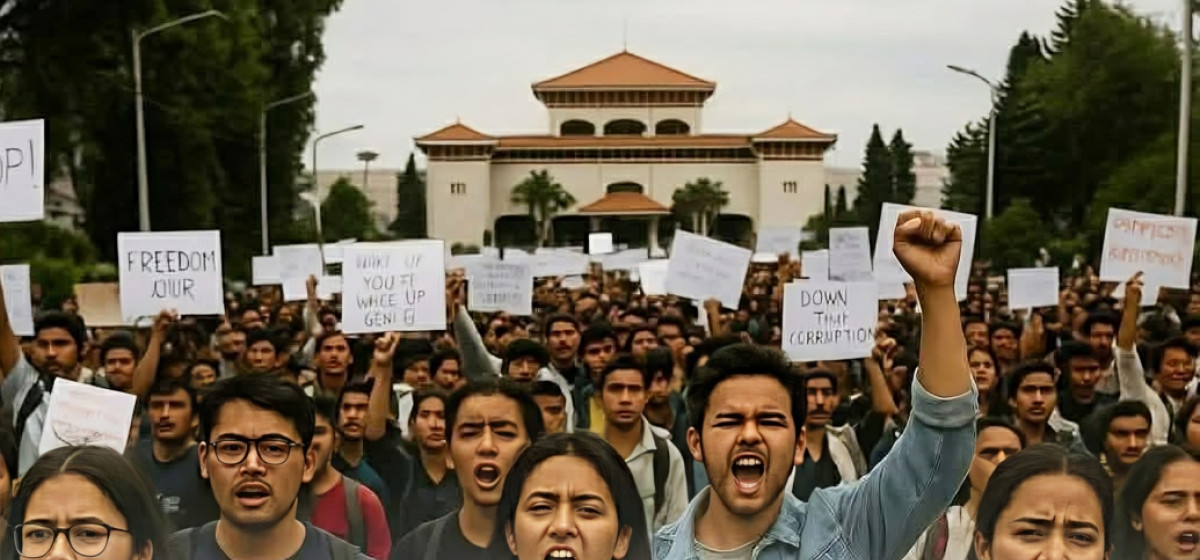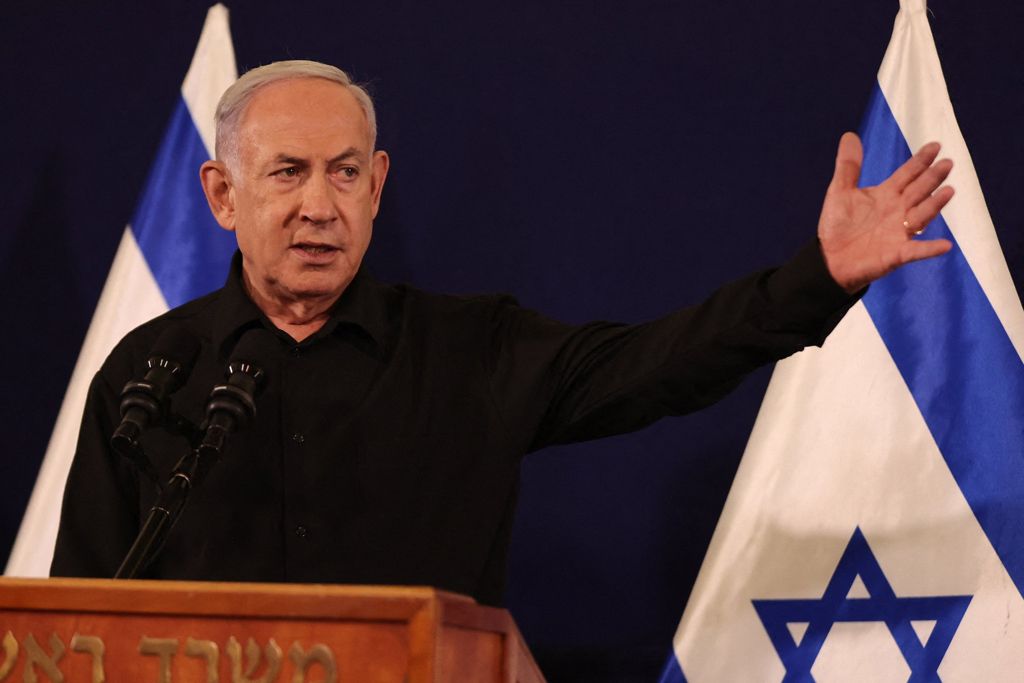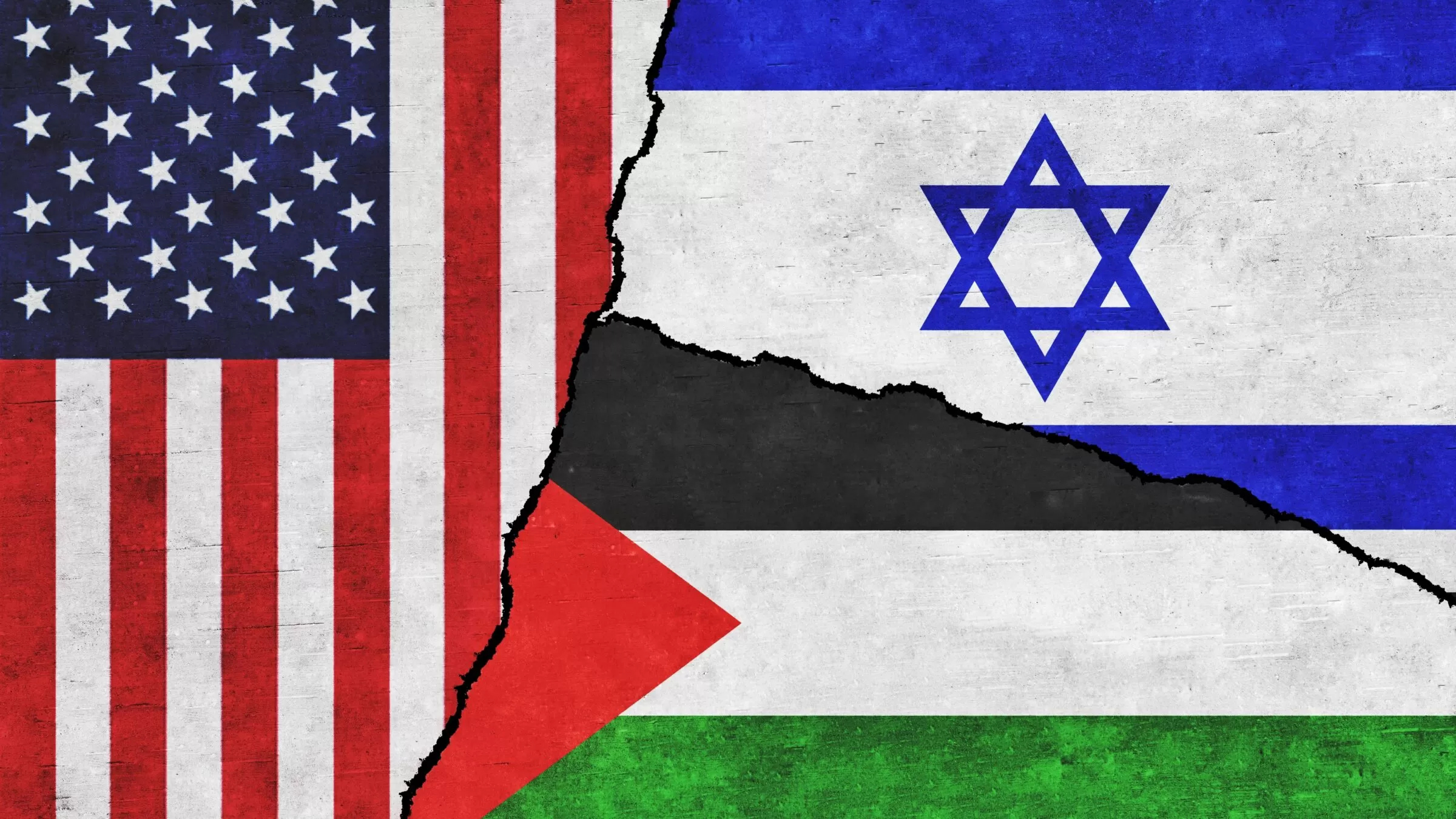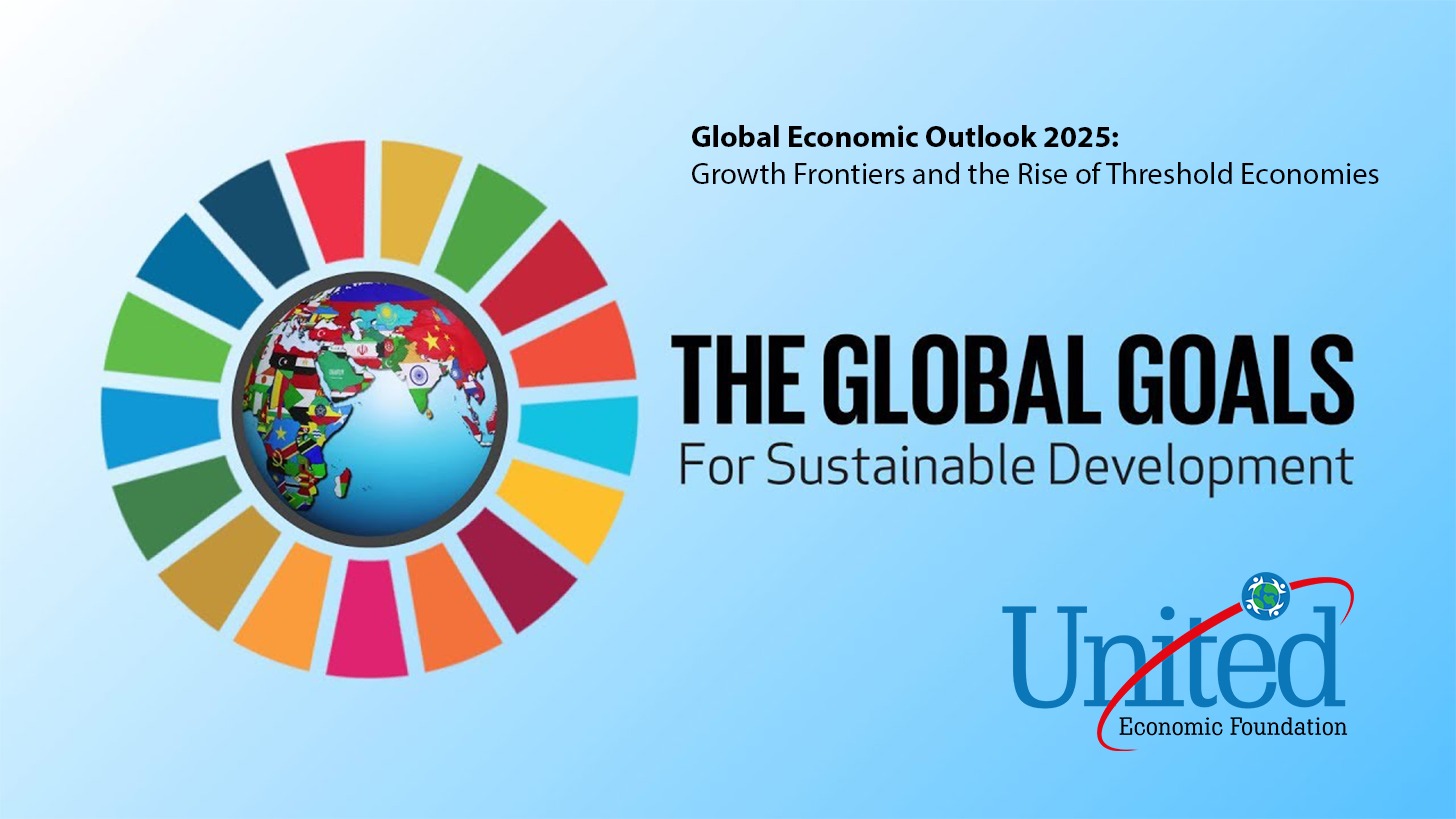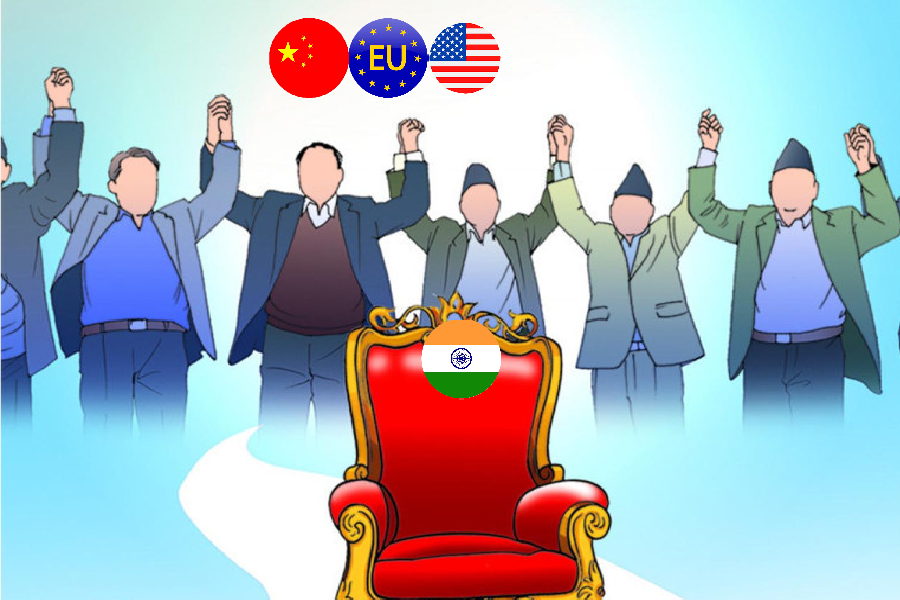
Nepal’s Political Parties and the Shadow of Foreign Influence
Kathmandu, 22 September, 2025– Nepal’s political landscape has long been criticized for lacking genuine independence in decision-making. Instead of formulating policies based on national interest, major political parties are often accused of aligning themselves with the interests of powerful external actors, namely India, China, the European Union, and the United States.
Leaders of these parties are frequently perceived as prioritizing their personal or party agendas over the sovereignty of the nation, seeking foreign backing to remain in power. As a result, Nepal’s domestic policies are seen as being shaped less by homegrown priorities and more by external pressures.
Given its geographically sensitive position between two Asian giants, Nepal’s need to maintain a balance of power is understandable. Yet, the perception that Nepal’s political parties have become “dependent” – or as critics put it, jhole (subservient) – has fueled growing dissatisfaction and anger among the population.
Among the younger generation, particularly Gen Z, there is a widespread belief that even recent political movements were structured to suit India’s strategic interests. From government formation to internal power-sharing arrangements, India’s influence is viewed as decisive.
Amid waning public trust in traditional parties, allegations have surfaced that India’s intelligence agency, RAW, has actively maneuvered behind the scenes. According to these claims, political leaders who lost credibility among their own cadres were sidelined, while comparatively trusted figures were elevated to positions such as ministers or even prime ministers. This perception that leadership selection lies more in the hands of foreign powers than Nepalese citizens has raised serious concerns about the erosion of national sovereignty.
Consequently, there is a growing sentiment that Nepal risks appearing less like a truly independent state and more like a “Special Administrative Region under India.” While the demand of the people remains clear – the right to decide their own future – the overwhelming foreign influence, coupled with the submissive politics of Nepal’s ruling parties, has fostered the belief that Nepal’s democracy is no longer a “people’s democracy,” but rather a “dependent democracy.”
Related post
Most read
Latest world's most important and pressing issues
more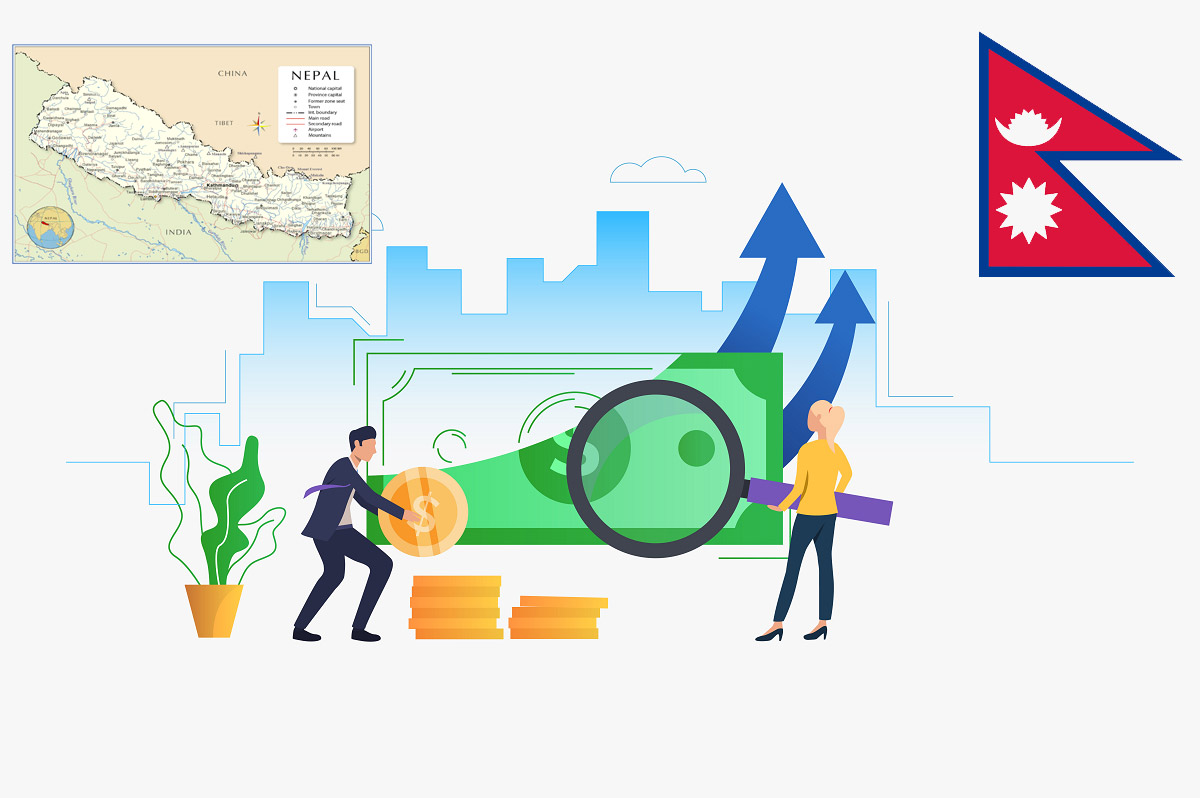
Comprehensive
Nepal’s Investment Climate: Challenges Overshadowing Potential
Sep, 30, 2025
Unitedforum
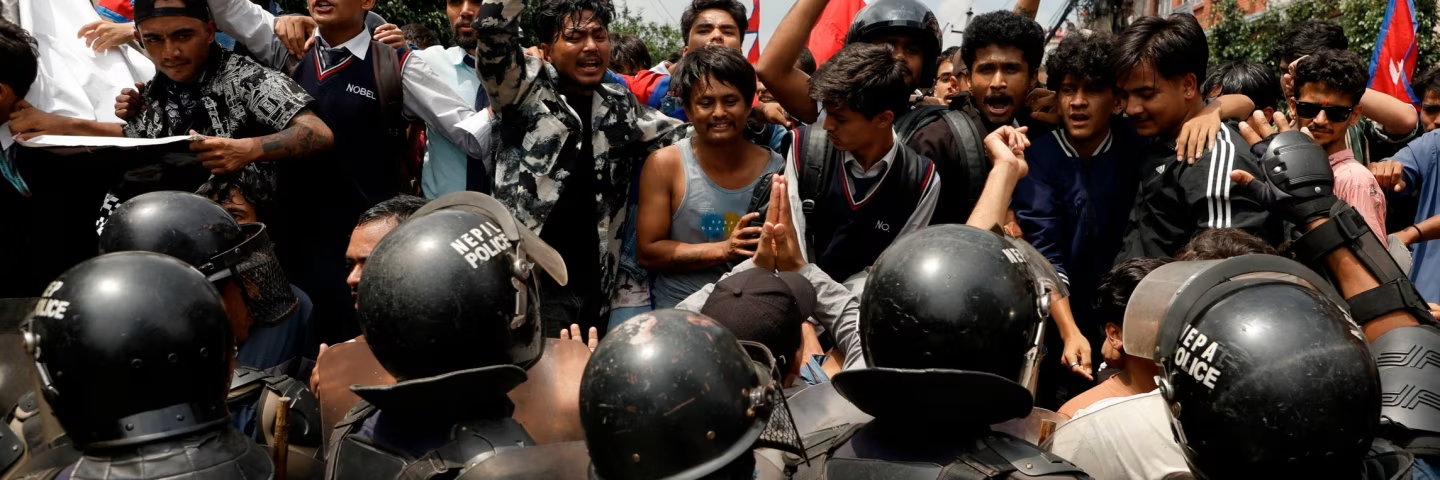
Comprehensive
Nepal on the Brink: Global Security and Economic Threat Escalates
Sep, 17, 2025
Unitedforum
Upcoming events

EVENT
World Ocean Summit & Expo
World Ocean Summit & Expo 2026, organized by Economist Impact, will take place from Wednesday, March 4 to Thursday, Marc...
Past events

EVENT
Korea MICE Expo 2025
KOREA MICE EXPO (KME) is South Korea’s flagship event for the Meetings, Incentives, Conferences, and Exhibitions (MICE)...

EVENT
Franchise-Meet Europe- 2025
Franchise-Meet Europe 2025 is set to take place from July 12 to 14, 2025, at the FYCMA - Trade Fairs and Congress Center...
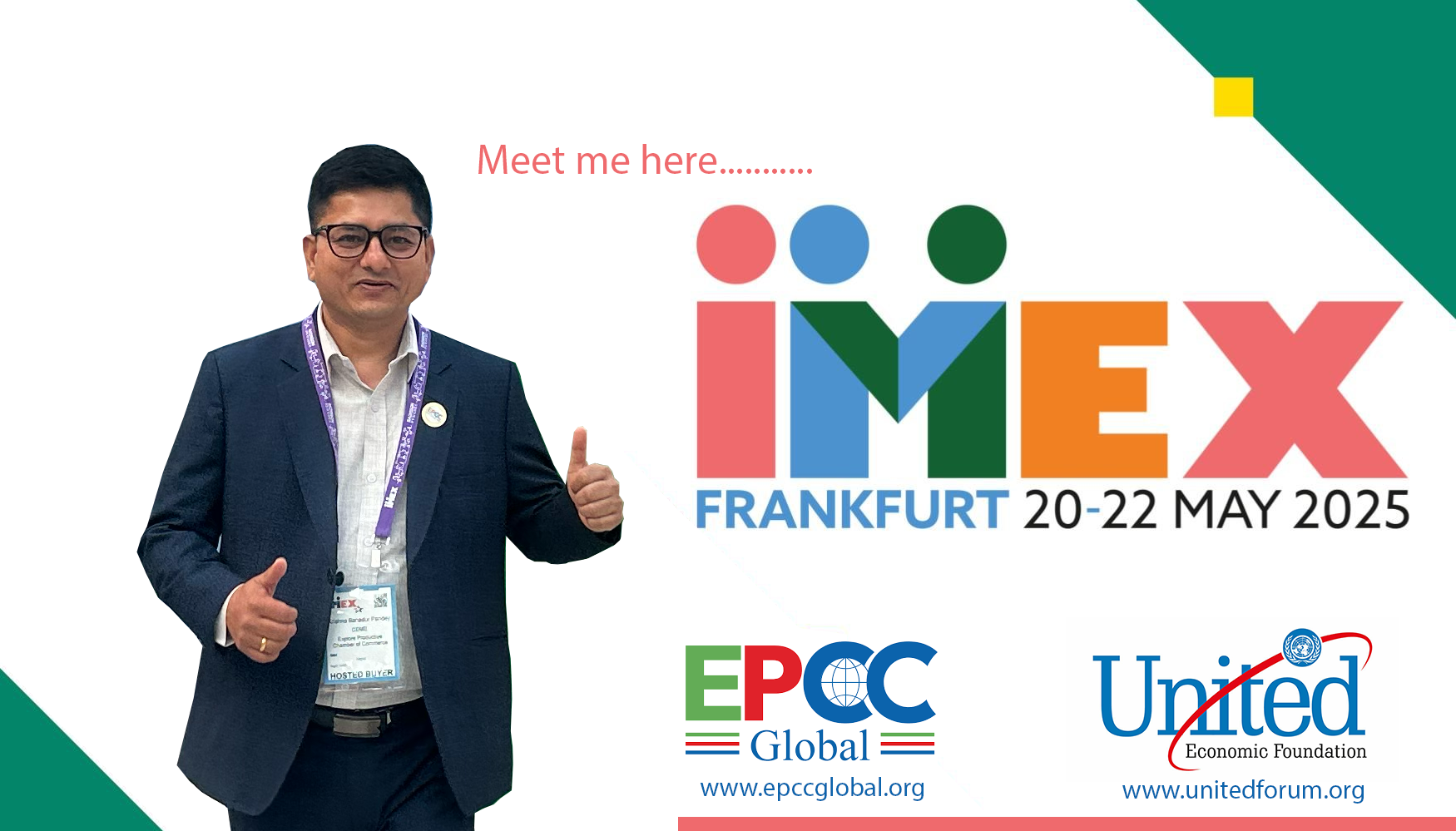
EVENT
IMEX Frankfurt 2025
IMEX Frankfurt 2025 is set to take place from May 20–22, 2025, at Messe Frankfurt, Germany. As one of the premier global...

EVENT
Global Youth Leadership Summit & Awards 2025
The Global Youth Leadership Summit & Awards 2024 is set to take place on 21-22 April, 2025, in the vibrant city of Malag...

EVENT
Agricultural Excellence Conference (AgEx 2024)
AgEx 2024, held November 19-21 in Abbotsford, BC, is Canada’s only national event dedicated to farm management and safet...


EVENT
Korea MICE Expo (KME) 2024
The Korea MICE Expo (KME) 2024 will be held from November 6-8 at Songdo ConvensiA in Incheon, South Korea. As the countr...

EVENT
IMEX AMERICA
IMEX America 2024 is set to be one of the largest gatherings for the global meetings, incentives, conferences, and event...
